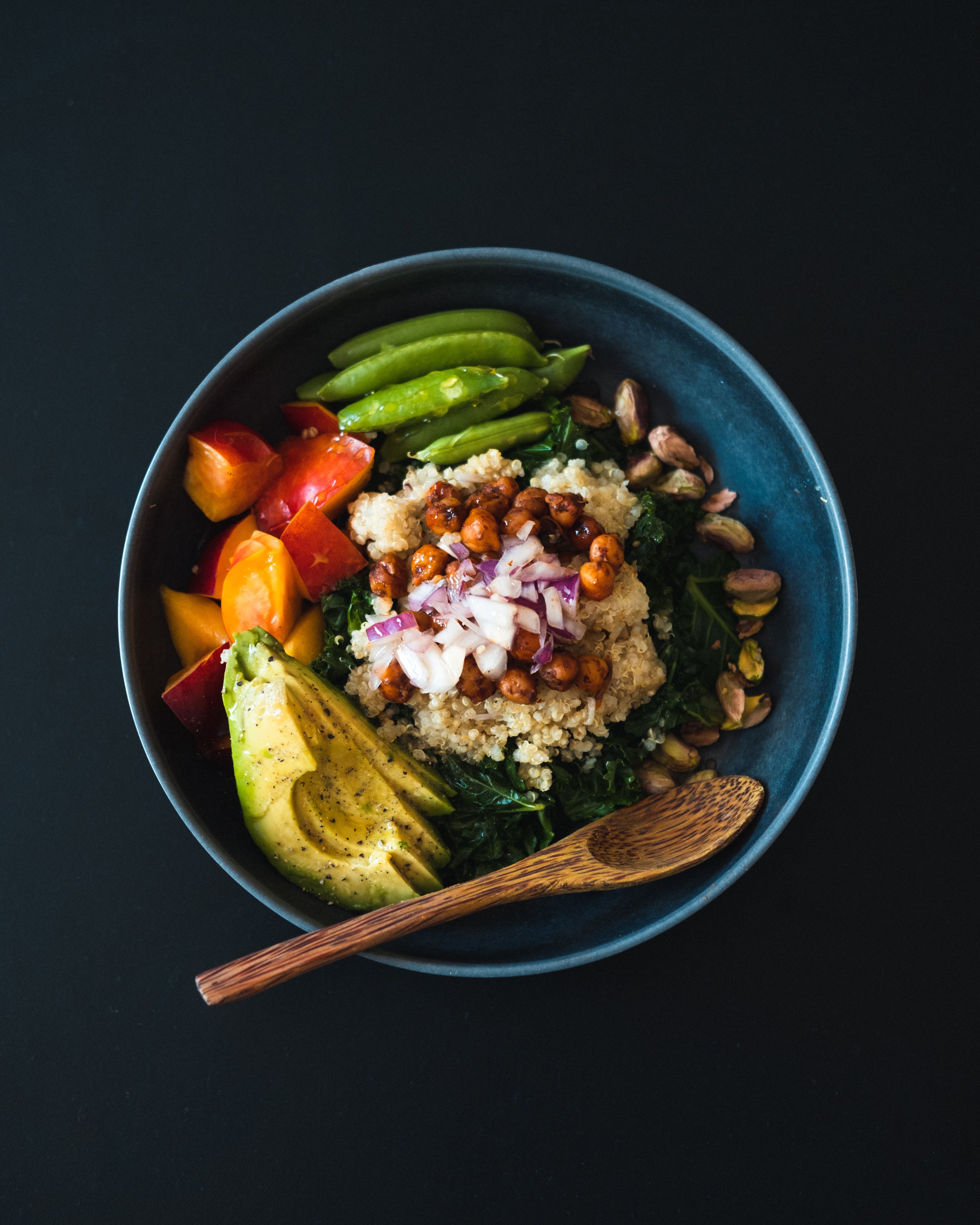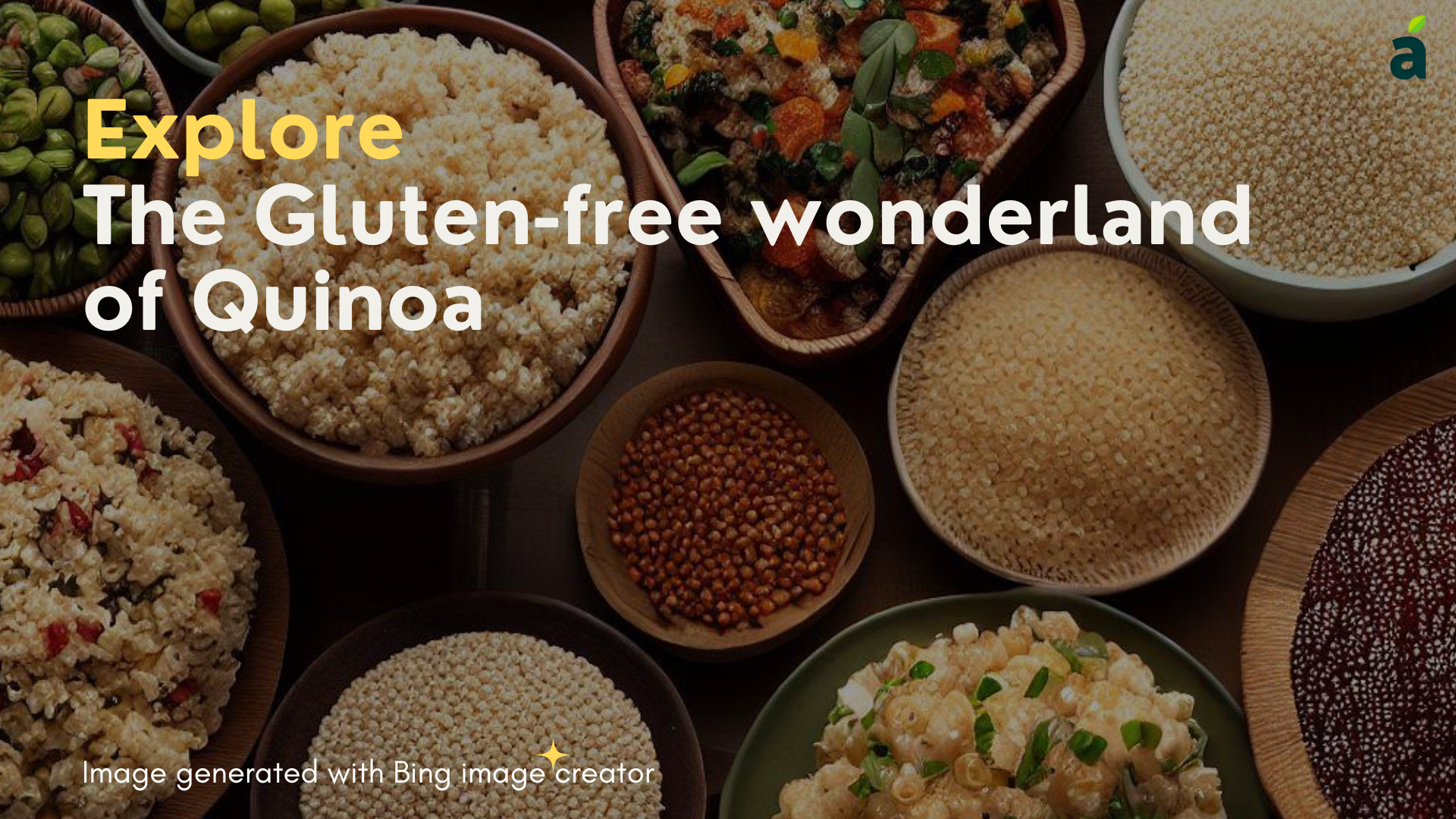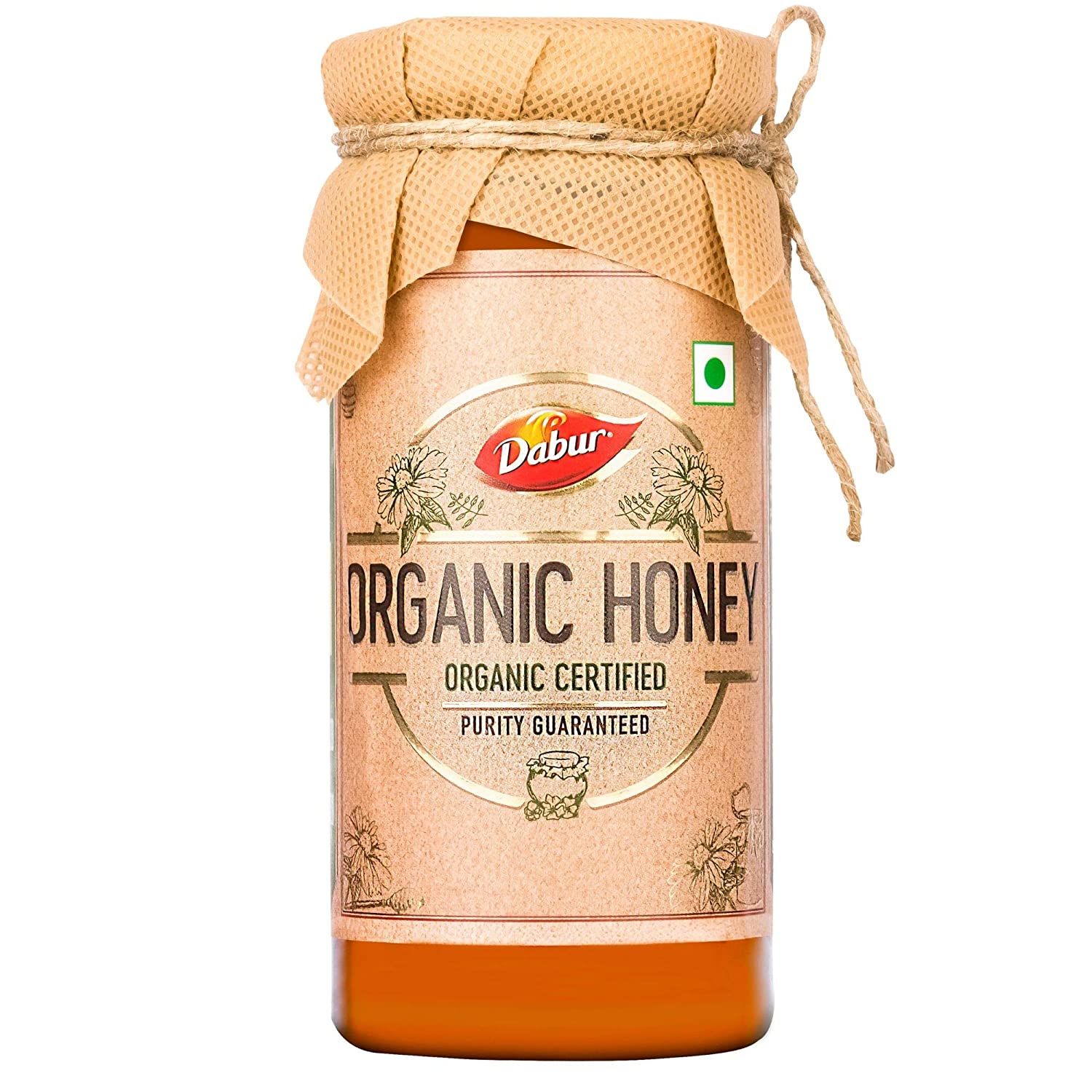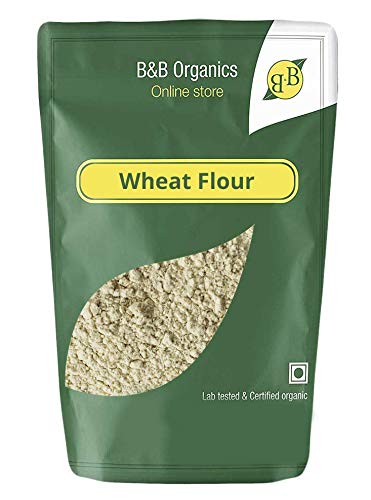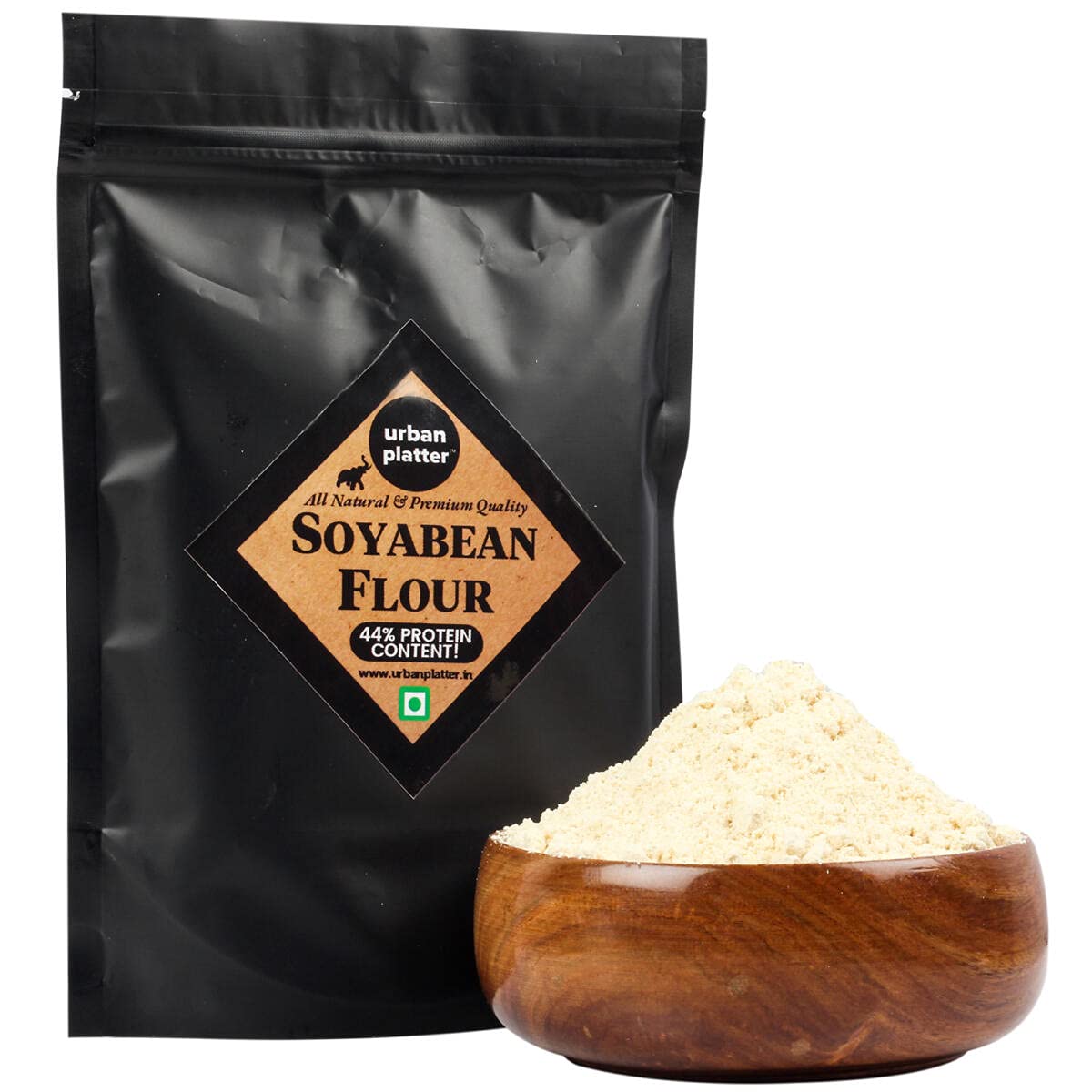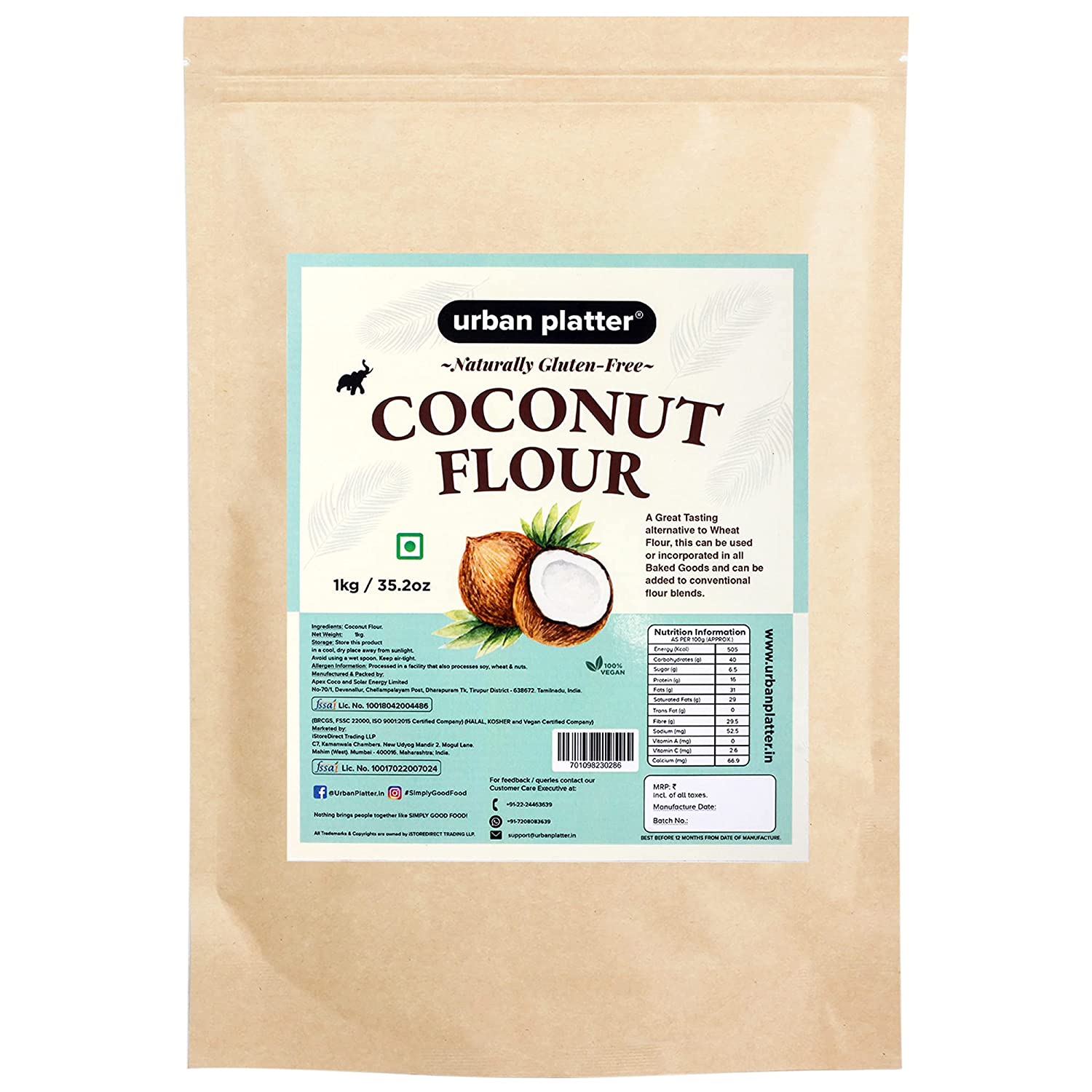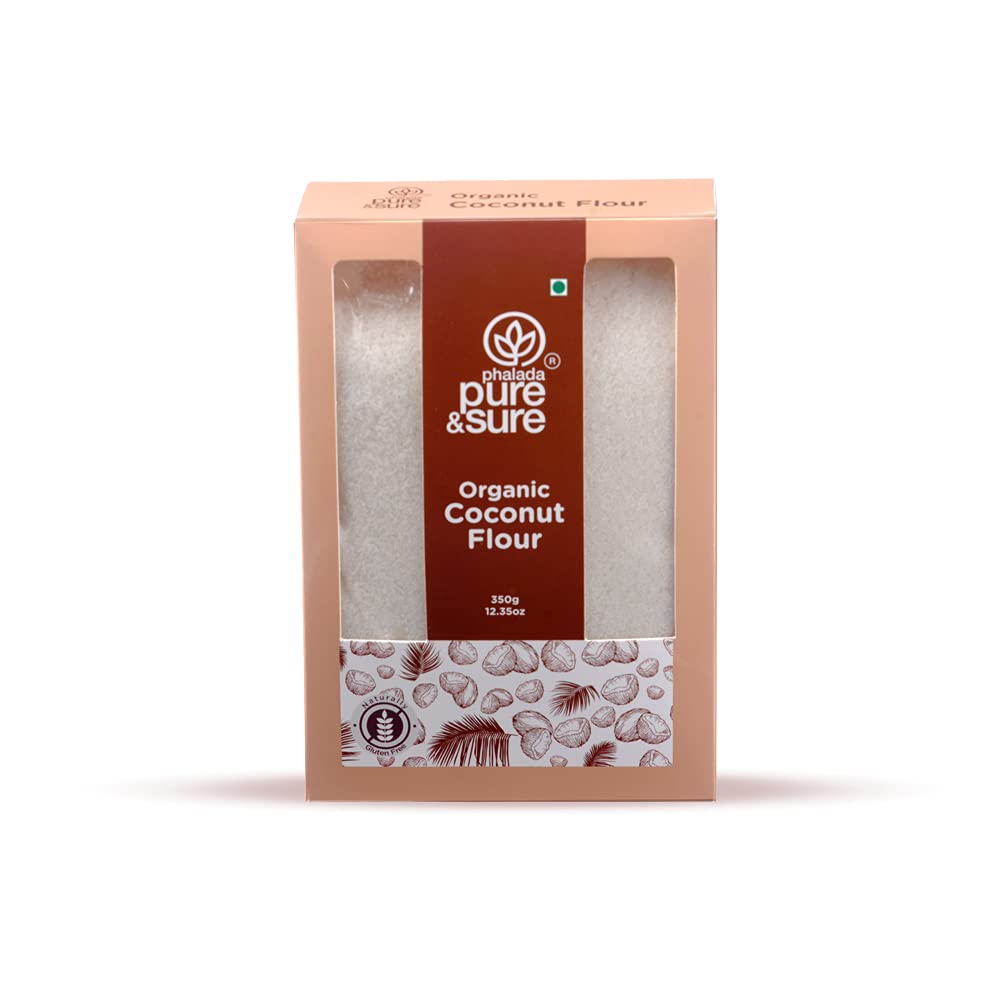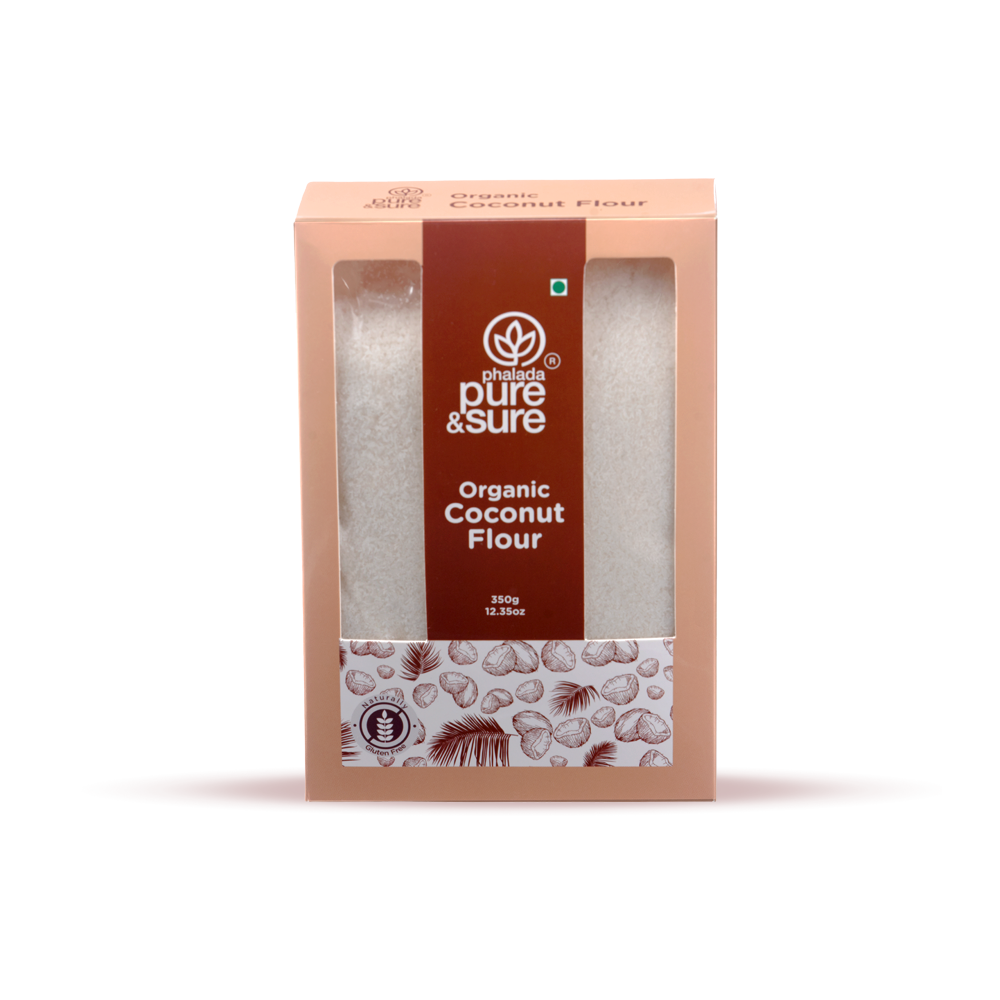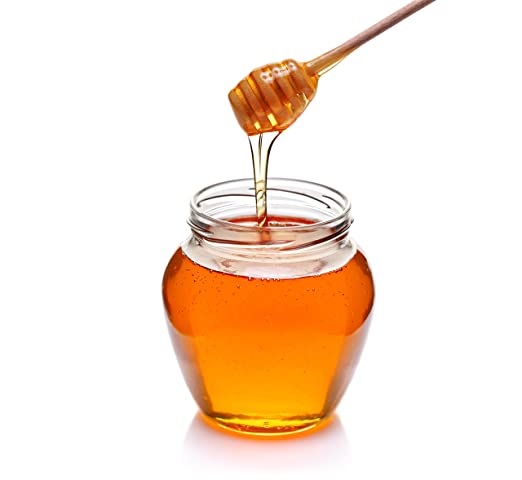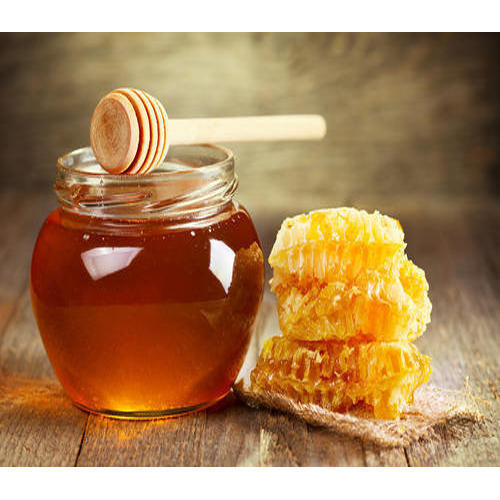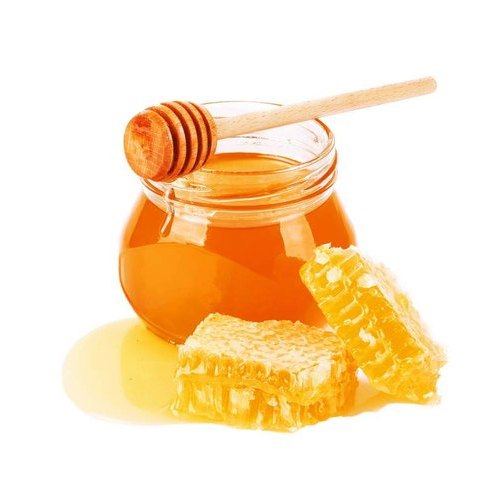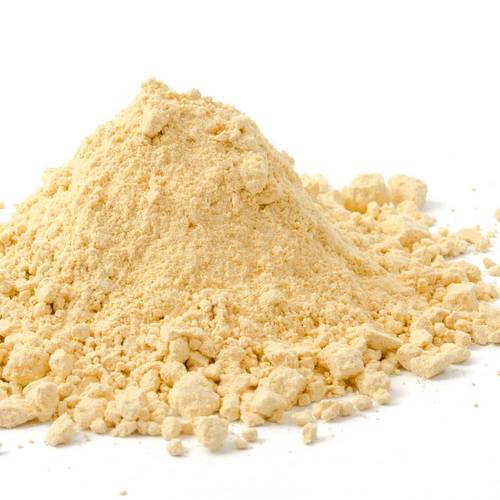Published Date January 24, 2003
Difference between FODMAP and Gluten-Free Diet
By Arpita Sudev
6 min read
Last update date: January 24, 2003
All about carbohydrates, gluten sensitivity, IBS and FODMAP.
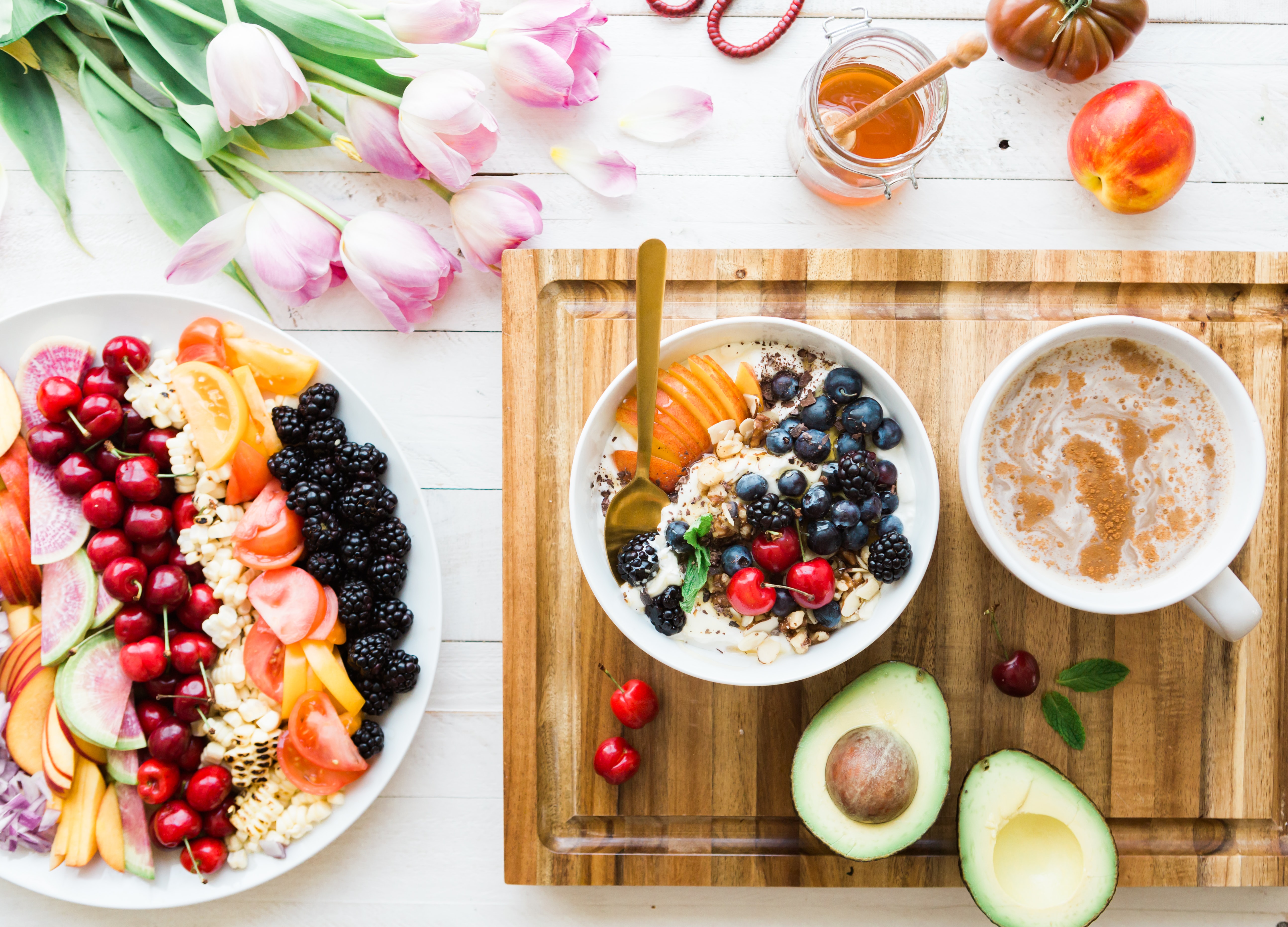
Diet is considered to play a pivotal role in the generation of symptoms such as bloating, flatulence, and diarrhoea in a proportion of patients with functional gastrointestinal (GI) diseases including irritable bowel syndrome (IBS).
Gluten and gluten-free diet
Gluten is a general name given to the proteins found naturally in wheat, barley, rye and oats. If a person with coeliac disease eats foods containing gluten, an abnormal immune response occurs, which causes damage to the lining of the small bowel. A gluten-free diet is an eating plan that excludes foods containing gluten.
What is FODMAP?
FODMAP, which means fermentable oligo-, di-, monosaccharides and polyols, is an acronym for four groups of short-chain carbohydrate, or sugar molecules, that are found naturally in wheat, barley, rye, honey, milk, legumes, or certain fruits and vegetables.
When people with IBS eat foods that contain FODMAPs, instead of being absorbed in the small intestine, they pass through intact to the colon. During this process, two things occur:
- Certain FODMAPs are highly osmotic and readily draw water into the small and large intestines. This can affect how fast the bowel moves, and cause diarrhoea.
- When FODMAPs reach the large intestine, they are fermented by the bacteria and this creates gas and bubbles. This results in abdominal distention, bloating and cramping.
The connection between Gluten and FODMAP diet
The FODMAP diet is given as treatment for IBS while a gluten-free diet is given as treatment for celiac disease. Restricting foods that contain poorly absorbed, fermentable carbohydrates (known as FODMAPs) is now recognized as an efficient approach to managing symptoms in people suffering from irritable bowel syndrome (IBS).
Wheat contains both protein (gluten) and carbohydrates (FODMAPs). Although these are different molecules, they commonly occur in the same products. By removing wheat products from your diet, you remove both gluten and FODMAPs.
It is also important to note that not all gluten-free foods are low-FODMAP and not all low-FODMAP foods are gluten-free.
According to low-FODMAP diet research, wheat, rye, and barley intake need to be restricted (which are mainly oligosaccharides) – but not for the same reasons a gluten-intolerant person needs to shy away from them. The culprit here is fructan, a carbohydrate that is considered high in FODMAPs, that IBS sufferers want to avoid.
Both IBS sufferers and people with gluten intolerance can have small serving sizes of those grains, but larger portions will almost surely lead to discomfort. For example; wheat, barley and rye contain both gluten and FODMAPs. The gluten-free diet restricts the protein in these grains, while the low-FODMAP diet reduces the carbohydrates in these grains.
Interestingly, some who thought they were reacting to the gluten in their cereal were reacting to the milk sugars! People with gluten sensitivity may be reacting to the FODMAP carbohydrate found in wheat, instead of gluten. Because there is no test to diagnose gluten sensitivity, it can be difficult to tell what a person is reacting to as symptoms of gluten sensitivity and IBS can be very similar.
Gluten-containing low FODMAP foods
- Soya Sauce
- Rolled oats
- Sourdough bread
High FODMAP gluten-free foods
- Soy flour
- Coconut flour
- Besan (chickpea) flour
- Inulin & chicory root
- Honey
Takeaway
Many people with gluten sensitivities are misdiagnosed with IBS, and vice-versa. Since there is a lot of overlap between the two, it could be worth trying out the low FODMAP diet to see if it’s right for you and can reduce the symptoms of an upset stomach, diarrhoea and constipation.
References
- https://www.beyondceliac.org/celiac-news/what-are-fodmaps-and-whats-the-connection-to-celiac-disease-and-gluten-sensitivity/
- https://fodmapfriendly.com/blogpost/what-is-the-difference-between-the-low-fodmap-diet-and-a-gluten-free-diet-fodmap-friendly/
- https://www.fodyfoods.com/blogs/news/the-connection-between-low-fodmap-and-gluten-free-diets
- https://theceliacmd.com/fodmap-foods-cause-gluten-sensitivity/
- https://med.virginia.edu/ginutrition/wp-content/uploads/sites/199/2014/06/Parrish_Dec_12.pdf
Keep reading
Related Items
Choose Healthy With Us.
Know the real truth about your food. Stay informed and healthy, for free.

Download the App Now
Certified nutritionists trust our food recommendations. Safe to say, so can you :)




